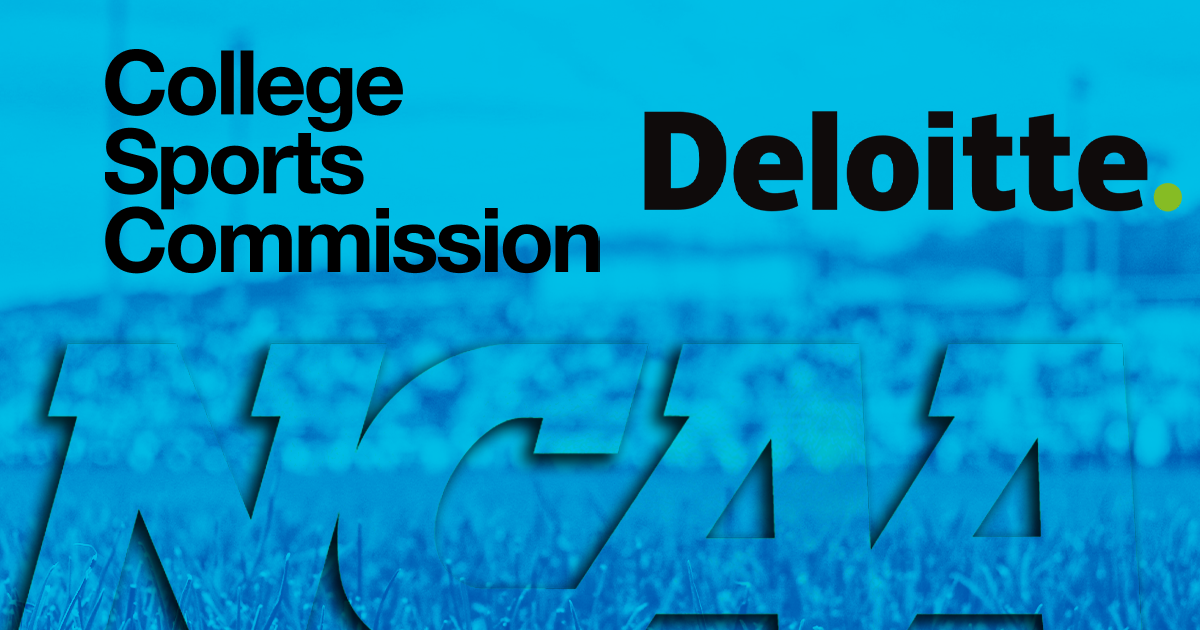
The NCAA is still technically in charge but the College Sports Commission (CSC) is the new sheriff in town. This recently created organization ran by former MLB executive Bryan Seeley is the enforcement arm charged with overseeing NIL Go and making sure all third-party deals meet the new “valid business purpose” protocol.
One could argue that Seeley might now be the most powerful man in college athletics.
There was some skepticism about how this new system will work throughout the college sports industry. The revenue-sharing era officially started on July 1. We are now getting some transparency on this new approval system just over a week later after the CSC issued a memo to athletic directors this week.
Evidence will be required for any third-party NIL deal. Student-athletes must complete a service to get deals approved.
“An entity with a business purpose of providing payments or benefits to student-athletes or institutions, rather than providing goods or services to the general public,” the CSC wrote in the release. “For example, a NIL collective that has a business purpose to pay student-athletes associated with a particular school or schools does not satisfy Rule 22.1.3 when it reaches a deal with a student-athlete to make an appearance on behalf of the collective at an event even if that event is open to the general public and the collective charges an admission fee (e.g., a golf tournament).”
What does this mean exactly? It eliminates direct pay-for-play from a collective to a player. A service must be clearly proven to earn the agreed upon financial package. This goes against the previous setup where there was almost zero policing these NIL deals with school collectives. The new enforcement arm is forcing collectives to start making deals with companies so student-athletes are participating in true NIL agreements.
As with almost anything in regards to NIL enforcement without the student-athletes being employees, there is doubt that this new framework will hold up. Some lawyers are already claiming that this violates NCAA Bylaw 22.1.3.
This move by the CSC was expected once the House settlement was passed. Now we will see if collectives will obey this rule or if there a loophole to be found. Some litigation is probably coming in the near future.. The revenue-sharing era is here and there will likely be some rough waters as everyone adjusts to the new rules.
Heck, we’re not even sure these new rules will hold up at this point.
The post College Sports Commission must receive work evidence for NIL deals to be approved appeared first on On3.
